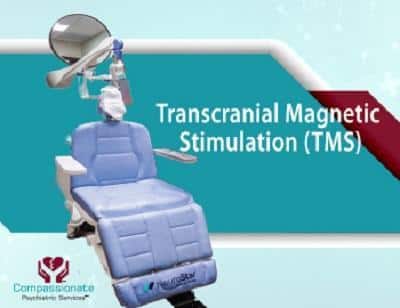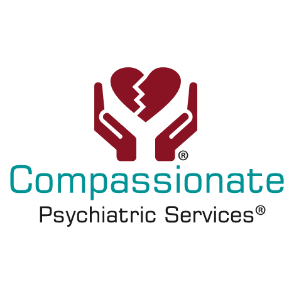
TMS is a relatively new, safe, and effective treatment for Major Depressive Disorder (MDD). It’s normal to feel sad occasionally, but depression and anxiety are a different story when they lead to despair, isolation, and negatively affect your ability to live your life. Depression is thought to be linked to an imbalance of certain chemicals in the brain. Serotonin is a chemical in the brain that regulates and stabilizes mood and controls the ability to feel happy or anxious.
MDD is chronic, recurring, and debilitating and the most common mood disorder in the United States for more than 50 years. More than 50 years ago, the treatment for this disorder has been pharmacological with drugs like Zoloft, Wellbutrin XL, Prozac, and Lexapro to name a few. While drug treatment may work to relieve the symptoms that interfere with relationships and a person’s ability to live a normal life, there are those that can not tolerate the side effects or would prefer a non-drug alternative.
Transcranial magnetic stimulation (TMS) is a non-invasive treatment for MDD that uses repetitive MRI strength magnetic pulses to target and reconnect the salience network in the brain. The salience network is the suite of brain regions that select which stimuli are deserving of our attention and coordinating the brain’s neural resources in response. When the salience network is not synchronized and networking properly, people often experience depression, anxiety, cognitive impairment, and difficulty in focusing.
TMS is a six-week, treatment that requires no anesthesia and can be performed on an outpatient basis. The treatment begins with reclining in a comfortable chair, very much like your dentist’s chair. A device then rests against your head and works to stimulate nerve cells in the centers of your brain that control mood. The magnetic stimulation of TMS encourages positive brain activity, reconnecting the salience network and strengthening the brain’s ability to regulate mood and behavior. By stimulating these areas of the brain, TMS therapy is shown to have a lasting effect on neurotransmitter levels, making long-term remission for many patients a new reality.
If you or a loved one are interested in Transcranial Magnetic Stimulation (TMS) treatments, give our office a call today at 469-200-4093 and speak with a specialist. For more information, visit our website at www.compassionatepsychiatry.org

